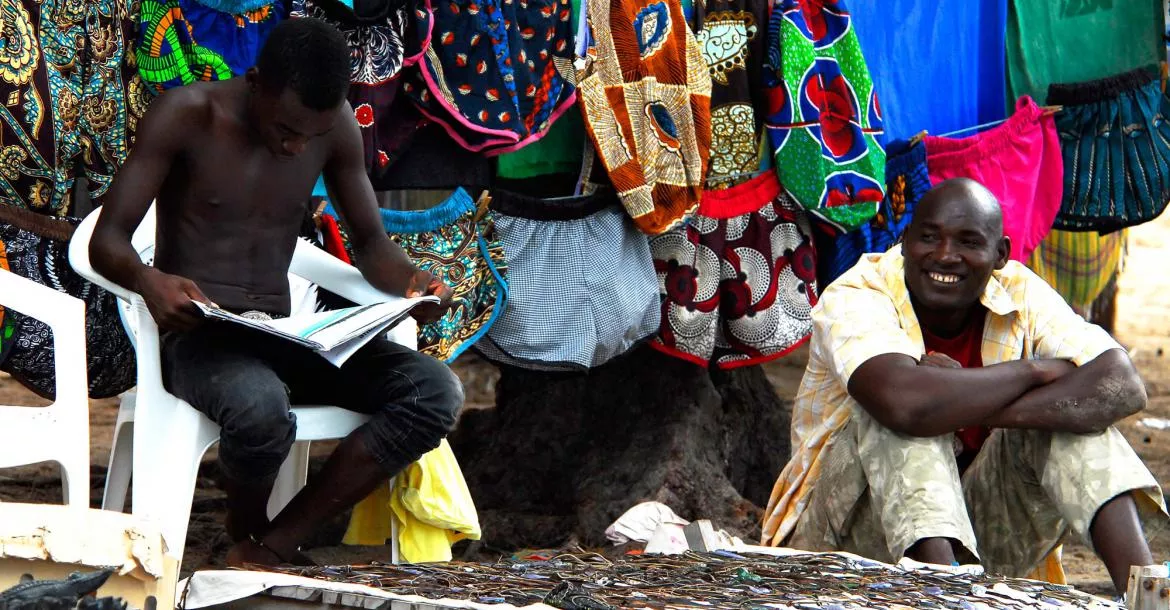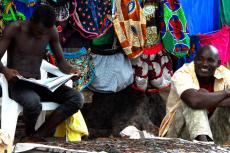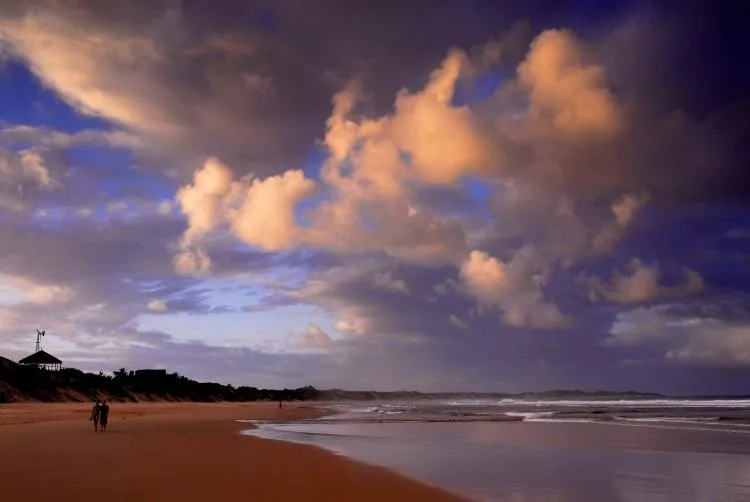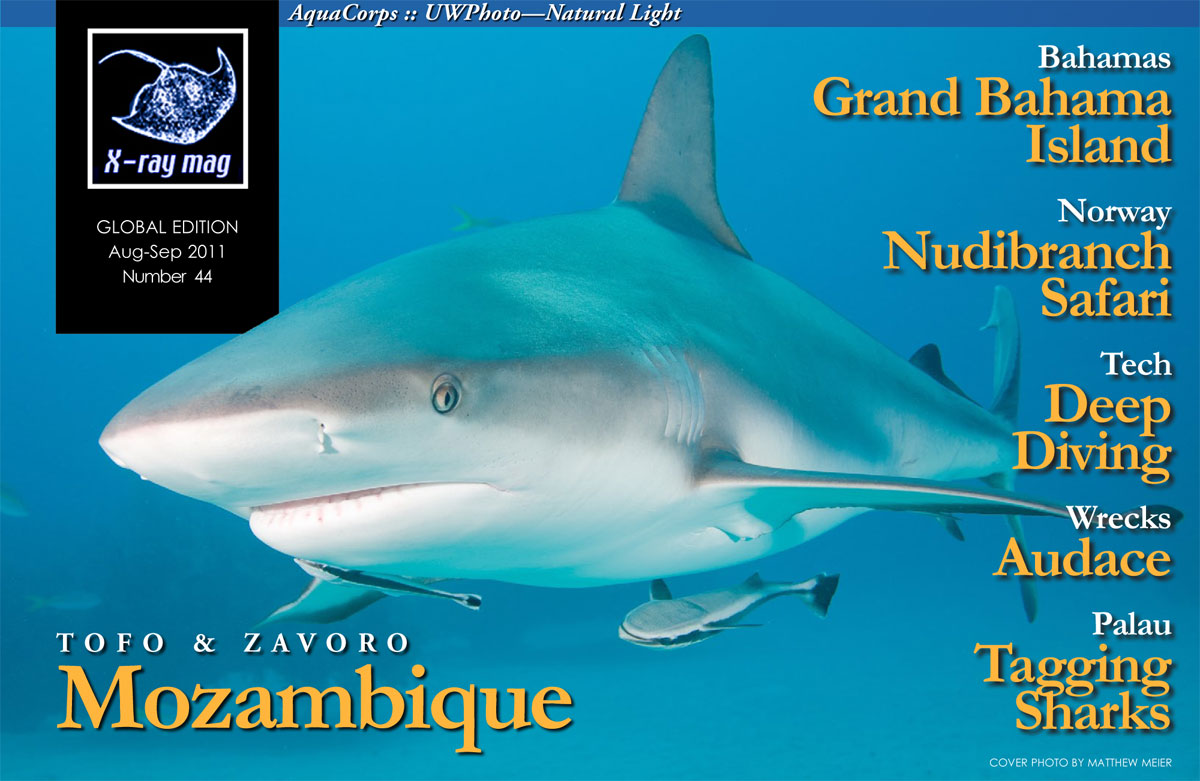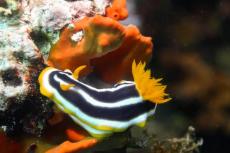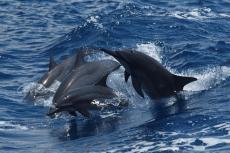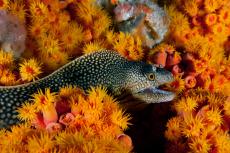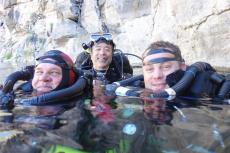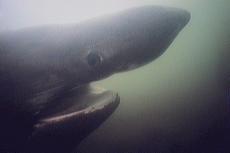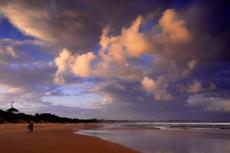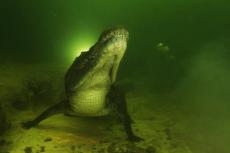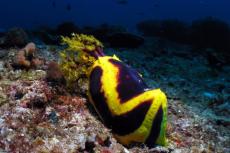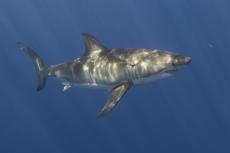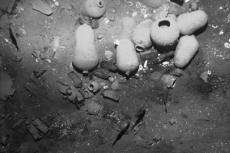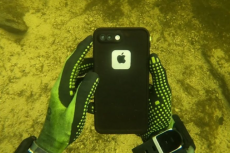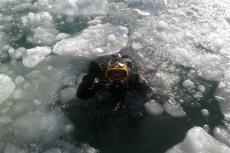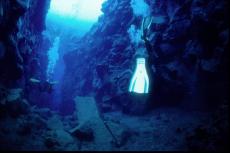Mention Africa to most divers and the Red Sea or South Africa usually springs to mind. To many travellers, let alone divers, Mozambique is not exactly high on most people’s bucket list. Less than 20 years ago, the very idea of visiting the country would have been regarded as a madman’s folly. Upon gaining independence from Portugal in 1975, a nearly two-decade long civil war wreaked havoc upon the once affluent colony, decimating its people, infrastructure and wildlife.
Contributed by
After the cessation of hostilities in 1994, the country was bequeathed with the unenviable tag as the world’s poorest by the United Nations. Since that time, it has made remarkable strides towards recovery and is rapidly gaining renown as the rising star of the African diving scene.
When an opportunity to visit presented itself, I jumped at the chance. Having visited Africa for the first time two years earlier, I was eager to return and experience a brand-new destination.
“No pain, no gain” is an idiom that certainly applies to air travel these days, especially if you are a diver and photographer. From my home in Toronto, Mozambique proved to be somewhat of a long haul. After breaking up the trip with a few days in the United Kingdom, it was an 11-hour overnight flight from London to Johannesburg. After going through customs and collecting my bags, I set out for the other end of the massive terminal to connect with my LAM (Mozambique Airlines) flight to Inhambane in Southern Mozambique.
Shortly after takeoff, Johannesburg’s urban sprawl gave way to the patchwork green of farm country. Continuing eastward, the landscape became increasingly parched and within an hour, we were over Mozambique.
My first impression was one of space. As far as the eye could see, scrubby acacia trees punctuated the landscape along with intermittent patches of gleaming sand from dry rivers. Save for the occasional sliver of a dirt road, human habitation had all but vanished. Before long, the Indian Ocean’s turquoise expanse appeared on the horizon and the landscape reverted back to a lush green.
An hour and 20 minutes after takeoff, we landed at Inhambane’s diminutive airport. Upon completing the world’s most refreshingly simple customs form, the officer attached my visa, my US$15.00 fee and entered Mozambique.
Patiently waiting outside was Jon Wright from Mozdivers. After loading my gear aboard the truck, we made a brief stop in town to pick up one of Jon’s dive masters and set out for the drive to Zavora along the nation’s sole north to south highway.
Enroute, I was surprised to see long-abandoned railway cars emerging from tangles of vegetation. During the war years, the railroads were sabotaged by the RENAMO (Resistência Nacional Moçambicana), the Mozambican National Resistance. With bridges bombed and tracks torn up, the weathered shells are all that remains of the once vital north-south rail link. Flanking the road was another curious sight: a seemingly endless number of stalls selling peri-peri sauce, Mozambique’s ubiquitous fiery condiment.
An hour after leaving Inhambane, a sign proclaimed the turnoff for Zavora Lodge. Trading the smooth tarmac for an earthen road of burnt sienna, I finally felt like I had arrived in Africa. After a pleasant but bouncy ride passing rural scenes of coconut palms and fields of sugar cane, we arrived at Zavora Lodge, my home for the next six days.
Consisting of a bar and restaurant, beach front houses, bungalows and campsites, the lodge offers a commanding view over Praia de Zavora Bay. Beneath windswept dunes, a vast expanse of empty beach vanished into the distant midday haze. With the exception of a few nearby houses, we seemed to have left civilization far behind.
I also noticed something else was conspicuously absent: a jetty. And for that matter, a boat. I began to ponder as to how we would venture out to the dive sites. The next morning, I would discover that Mozambique diving would be unlike anything I had experienced before.
After checking in at reception, I headed for my room. Ascending a flight of stairs, the view at the top revealed a sight that was decidedly incongruous with the African beachside setting. The block my room occupied was essentially an elongated log cabin that looked as it had been transported from my native Canada! The room was simple but comfortable, the large bed draped with a frilly cascade of mosquito netting.
Afterwards, I met up with Jon at the bar for a beer. Manica, the local brew, was a name that I seemed genetically unable to articulate, (...)
Published in
- Log in to post comments

